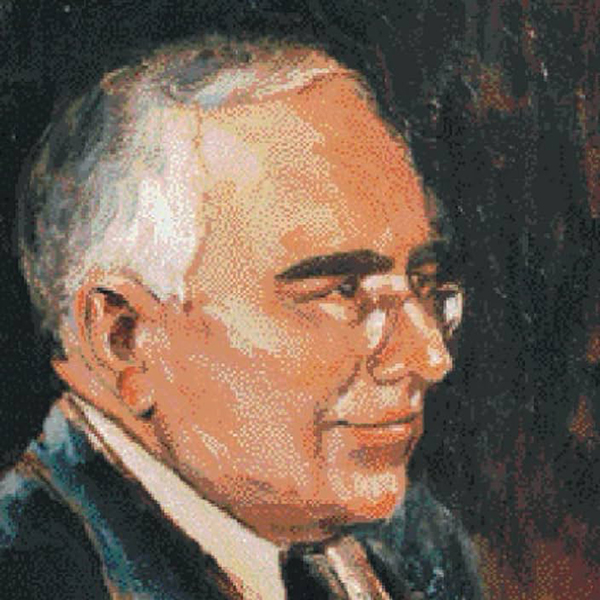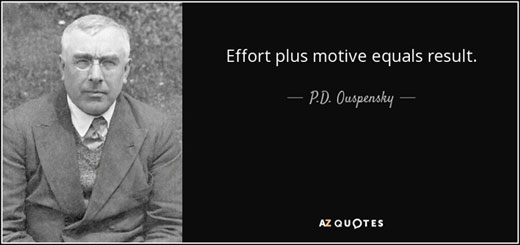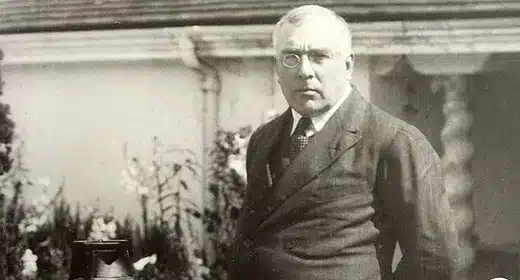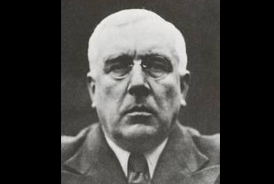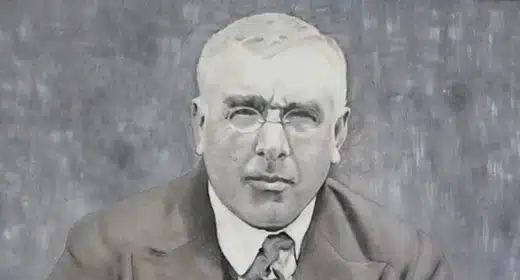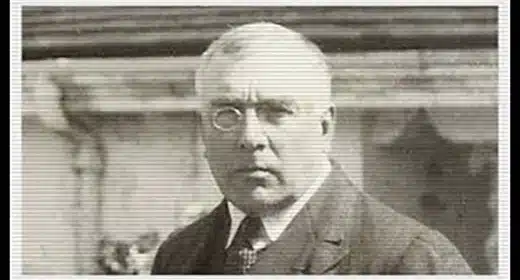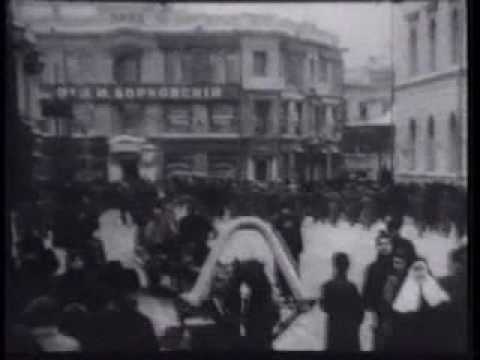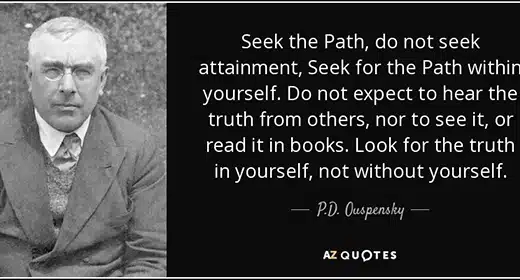P. D. Ouspensky was a Russian esotericist known for his expositions of the early work of the Greek-Armenian teacher of esoteric doctrine George Gurdjieff, whom he met in Moscow in 1915 and major contributor to Twentieth century ideas. He anticipated many of the key questions in philosophy, psychology and religion that have driven and informed us throughout the century. Born in Moscow and raised by an artistic and intellectual family, Ouspensky refused to follow conventional academic training. While employed as a journalist, his extensive travels, personal studies, and a quest for the miraculous resulted in the publication of his brilliant Tertium Organum in 1912. He studied intensively with G. I. Gurdjieff between 1915 and 1918. Throughout the rest of his life, Ouspensky continued to promote Gurdjieff’s system as the practical study of methods for developing consciousness. He lived unobtrusively in England after 1921, exerting considerable influence among writers, conducting his own study groups and publishing The New Model of the Universe in 1931. In 1940, he moved to the United States with some of his London pupils and continued lecturing until his death in 1947, shortly after returning to England.
Ouspensky took an interest in Theosophical literature and particularly the possible synthesis of religion, mysticism, and science. In 1912 he published his book Tertium Organum; the Third Canon of Thought; a Key to the Enigmas of the World). It discussed his theories of time, space, relativity, Theosophy, cosmic consciousness, and Eastern and Western philosophy.
In 1920 Tertium Organum was published in the USA; Claude Bragdon one of the people responsible for translating and publishing the English edition stated at the time; ‘In naming his book Tertium Organum Ouspensky reveals at a stroke that astounding audacity which characterizes his thought throughout… Such a title says, in effect: ‘Here is a book which will reorganize all knowledge. The Organon of Aristotle formulated the laws under which the subject thinks; the Novum Organum of Bacon, the laws under which the object may be known; but the Third Canon of Thought existed before these two, and ignorance of its laws does not justify their violation. Tertium Organum shall guide and govern human thought henceforth.’’
In 1921 Ouspensky left Russia bound for London. Once there, and with Gurdjieff’s blessing he began teaching and lecturing about Gurdjieff’s philosophical system.
He died at Lyne Place, Surrey in the United Kingdom in 1947. Shortly afterwards The Psychology of Man’s Possible Evolution was published, together with In Search of the Miraculous. Some of his lectures were published under the title of The Fourth Way in 1957; these were largely a collection of question and answer sessions, the book details important concepts, both introductory and advanced, for students of these teachings.

